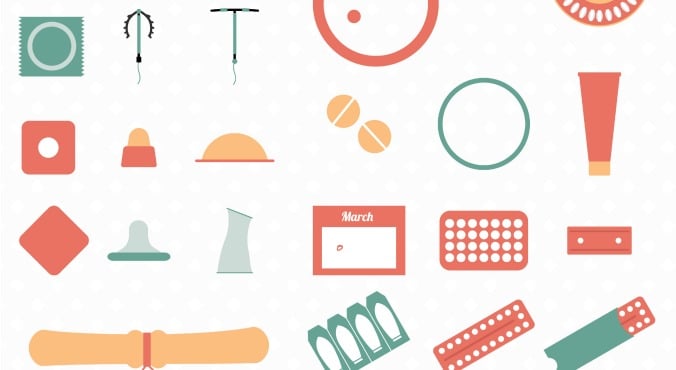
Image: iStock
Ever experienced that stomach-churningly anxious feeling of realising your IUD or contraceptive implant is way past its use by date?
Well, according to new research, you probably don’t need to go into instant panic stations. Yes, not only are IUDs and birth control implants highly effective, they may also be more long-lasting than any of us realised.
A 20-year-old woman asks for the morning-after pill. The pharmacist says no.
In a study of 500 women aged between 18 and 45, researchers investigated how effective these two contraceptives were when used for a longer period than what the US Food and Drug Administration (FDA) currently approves – 3 years for implants and 5 years for an IUD.
These devices are inserted under the skin in the arm and in the uterus respectively, and need to be removed and replaced at the end of their specified time-frames.
Why doctors don’t want women to get The Pill without a script.
Each study participant agreed to rely on one of the devices for a year past its 'expiry date': 237 of the women used hormonal, while 263 relied on IUDs. Quick side note - how ballsy are these volunteers? That's a big gamble...
Thankfully for all involved, both contraceptives continued working for 12 months after they would usually be replaced.
According to the findings, which were published in the journal Obstetrics and Gynaecology, only one woman in the IUD group fell pregnant and none of the women with implants ended up in the family way. Amazing, isn't it?

